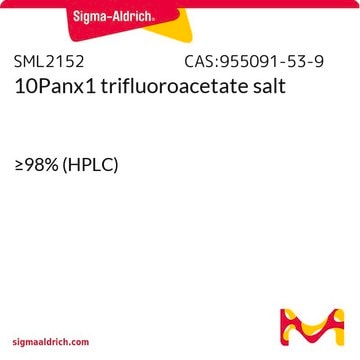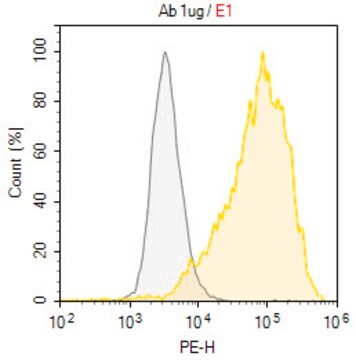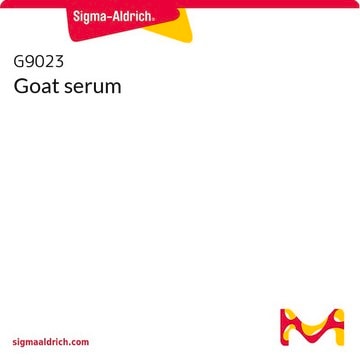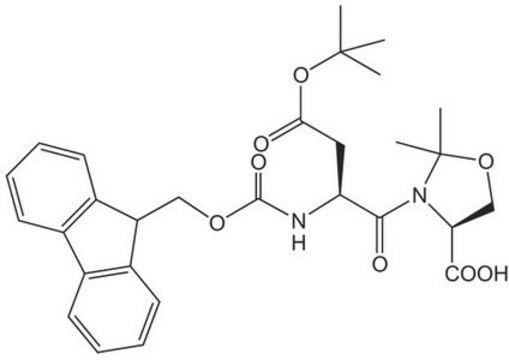SML2082
Scrambled 10Panx1 trifluoroacetate salt
≥98% (HPLC)
Synonym(s):
10PanxSCR TFA, FSVYWAQADR TFA, L-phenylalanyl-L-seryl-L-valyl-L-tyrosyl-L-tryptophyl-L-alanyl-L-glutaminyl-L-alanyl-L-a-aspartyl-L-arginine TFA, Phe-Ser-Val-Tyr-Trp-Ala-Gln-Ala-Asp-Arg TFA, SCPanx, TFA, Scrambled 10Panx TFA
About This Item
Recommended Products
Assay
≥98% (HPLC)
form
film (Colorless)
color
white to off-white
shipped in
wet ice
storage temp.
−20°C
InChI
1S/C58H79N15O16/c1-29(2)47(73-55(86)44(28-74)72-50(81)37(59)23-32-11-6-5-7-12-32)56(87)71-41(24-33-16-18-35(75)19-17-33)53(84)70-42(25-34-27-64-38-14-9-8-13-36(34)38)52(83)66-30(3)48(79)67-39(20-21-45(60)76)51(82)65-31(4)49(80)69-43(26-46(77)78)54(85)68-40(57(88)89)15-10-22-63-58(61)62/h5-9,11-14,16-19,27,29-31,37,39-44,47,64,74-75H,10,15,20-26,28,59H2,1-4H3,(H2,60,76)(H,65,82)(H,66,83)(H,67,79)(H,68,85)(H,69,80)(H,70,84)(H,71,87)(H,72,81)(H,73,86)(H,77,78)(H,88,89)(H4,61,62,63)
InChI key
VNQGVHMGXBRHRA-UHFFFAOYSA-N
Biochem/physiol Actions
Storage Class Code
11 - Combustible Solids
WGK
WGK 3
Flash Point(F)
Not applicable
Flash Point(C)
Not applicable
Certificates of Analysis (COA)
Search for Certificates of Analysis (COA) by entering the products Lot/Batch Number. Lot and Batch Numbers can be found on a product’s label following the words ‘Lot’ or ‘Batch’.
Already Own This Product?
Find documentation for the products that you have recently purchased in the Document Library.
Our team of scientists has experience in all areas of research including Life Science, Material Science, Chemical Synthesis, Chromatography, Analytical and many others.
Contact Technical Service








